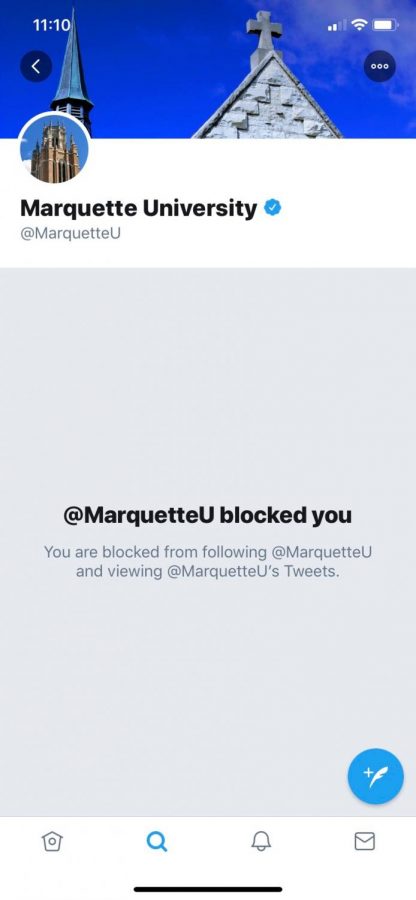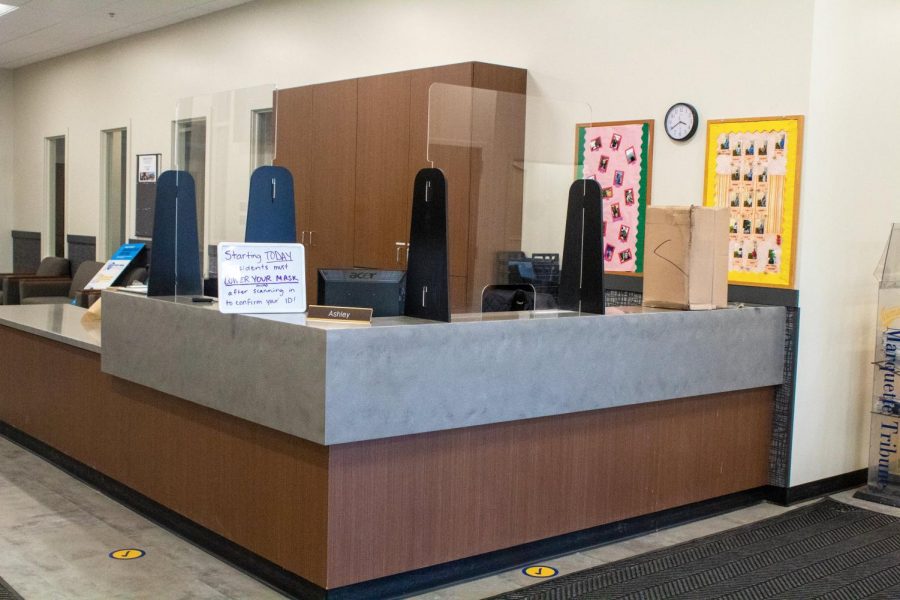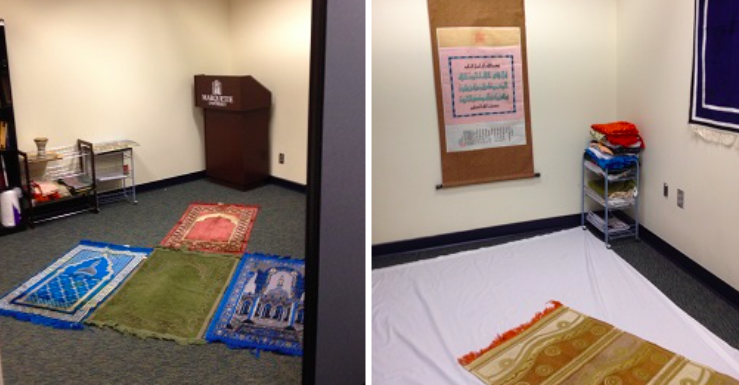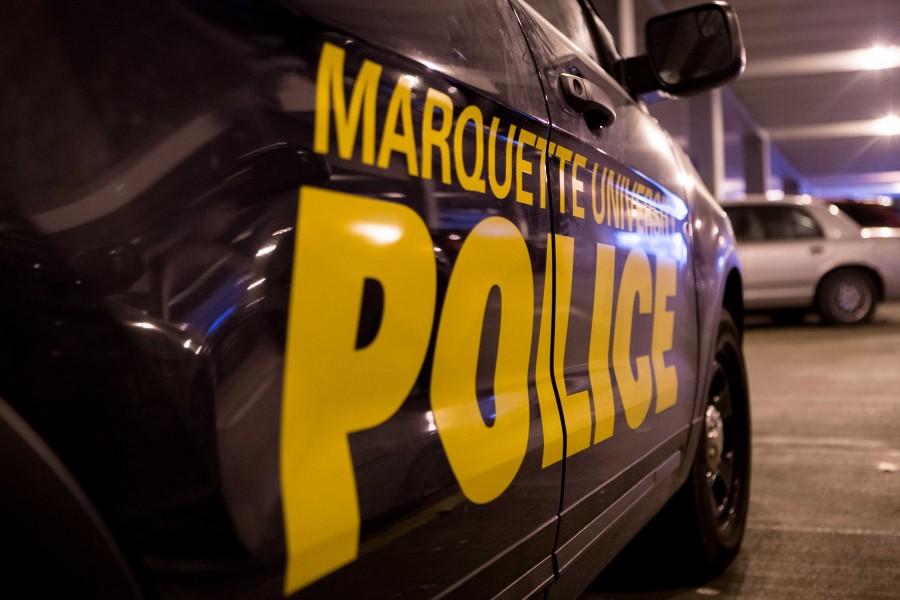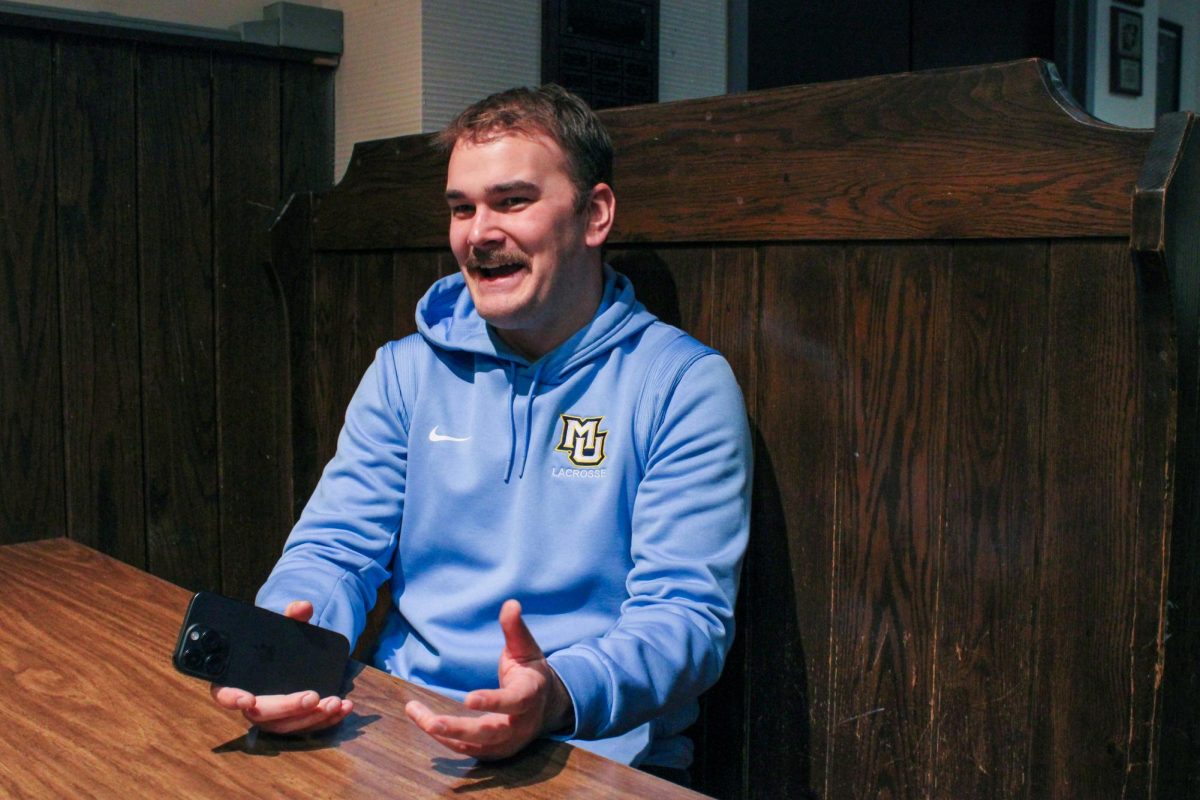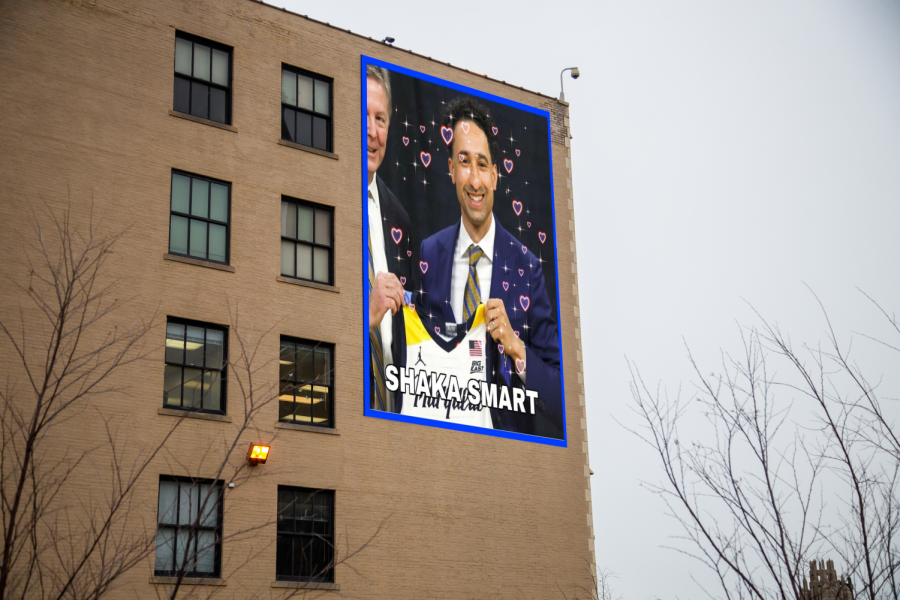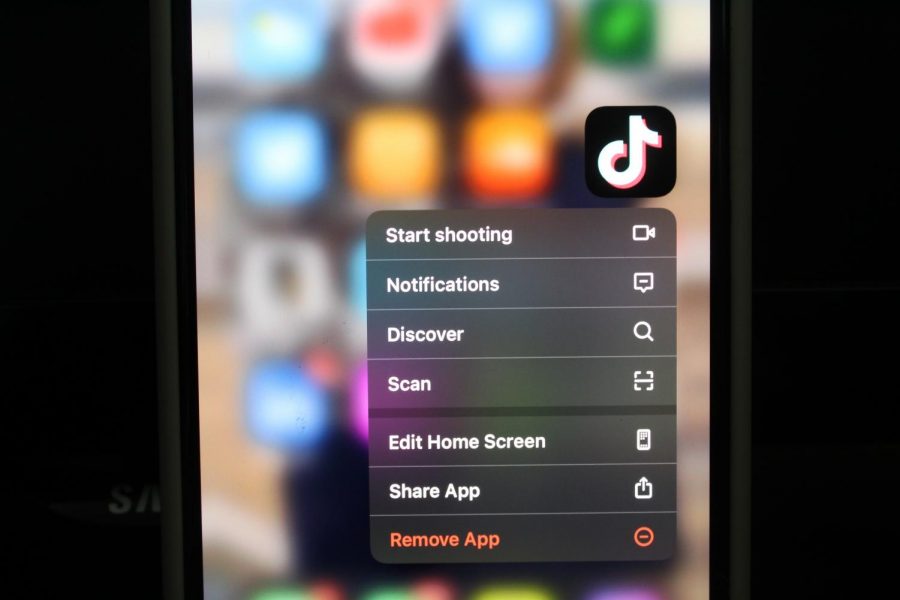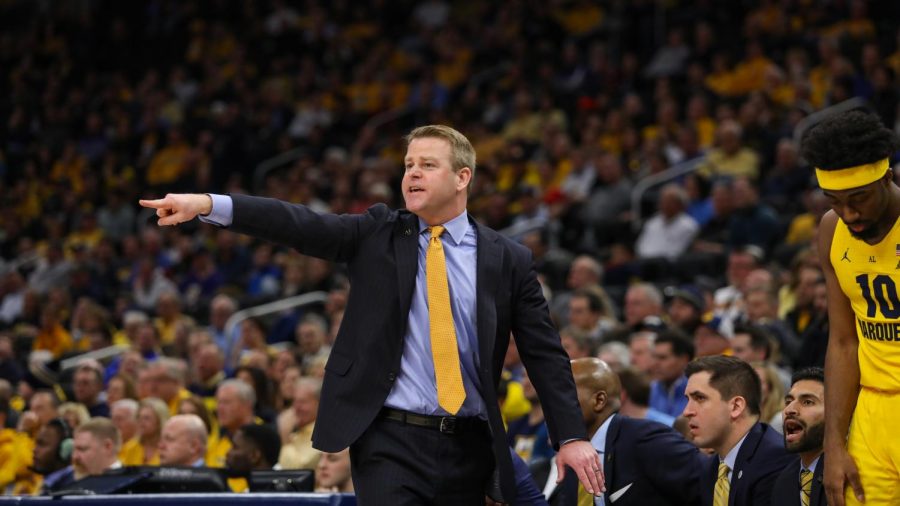Last week, dissertation fellow Danielle Clapham realized Marquette University’s official Twitter page blocked her.
Clapham was involved with the unionization efforts that took place last spring.
“I am an advocate for disability rights and chronic illness,” Clapham said. “I became very active in advocating for insurance for graduate students.”
She said that during the demonstrations last spring, she would spend two to three hours a day for about two weeks on Twitter telling the university she did not approve of the way they treated non-tenure track faculty and graduate students.
When she went on her social media feeds last week, it was a different story.
“I went to my social media feeds … and went to tag Marquette and realized I couldn’t on Instagram,” Clapham said. “I took to Twitter and tried to tag them there, and it wasn’t working on there, either.”
While she guessed she was blocked in May or June when her Twitter was very active, she said she noticed the block this past week since she usually only uses her Twitter for activism reasons.
“I used a few strategies, but I would typically reply to tweets from @MarquetteU or anyone who tweeted at them. I would also usually tag (President) Lovell and/or (Acting Provost) Ah Yun in the same posts,” Clapham said in a follow-up email.
University spokesperson Chris Stolarski confirmed Clapham was blocked on the university’s Twitter. While Stolarski did not confirm Clapham was blocked on Instagram, he did say she was also harassing individuals on Instagram.
The university supplied a tweet from Clapham May 3 who replied to a Marquette alumna.
“Thanks for your passion! But did you know that MU doesn’t offer grad or NTT instructors health insurance or a living wage? Ask MU to live its Jesuit values! #MUnion,” Clapham said in a tweet.
“We blocked her because she was harassing other students who were responding to or were retweeted by the Marquette Twitter account,” Stolarski said.
Clapham said she did not attack anyone personally.
“The closest I got was to say to President Lovell and Acting Provost Ah Yun that I am ashamed of their actions,” Clapham said.
On May 16, Clapham tweeted about the unionization efforts at Marquette.
“Apparently this is what “free speech” and looks like at @MarquetteU. A 4×8 ft chained off to confine their employees’ protests. Signs warning visitors to avoid us. @PresLovell and @DeanKimoou should be ashamed. Your fear of us only makes us stronger. #WeAreMarquetteToo #MUnion,” Clapham said in a tweet.
Stolarski said the university has a social media policy outlining when it is appropriate to block an individual.
“While Marquette welcomes and encourages postings from the community, the university reserves the right to block individual accounts and/or remove comments, links, photos or other content from the social media sites for any reason, including but not limited to, harassment and personal attacks, derogatory or defamatory comments, vulgarity and profanity (including expletives and letters followed by dashes), commercial promotion, off-topic posts, improper use of intellectual property or copyrighted material, or otherwise inappropriate content,” the policy on the university website stated.
Zelda Kieser, a sophomore in the College of Arts & Sciences, said she was not surprised, but disappointed that the university would block Clapham on its social media. Kieser participated in the Zilber Hall sit-ins and knows Clapham from protesting with her last semester. Kieser said she has also petitioned for non-tenure track faculty rights.
“They talk so much about Jesuit values and being open to criticism and being a university with values,” Kieser said. “And yet, when someone is trying to right this wrong within the university, they are silenced.”

